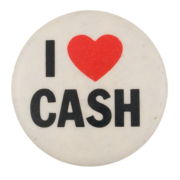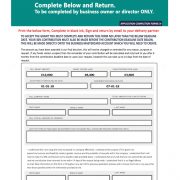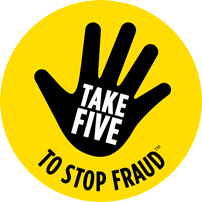Economic Engines: Fueling Small Business Growth Through Financial Insight
Author: Karyn Winrich
5th March 2025
Running a small business comes with some unique challenges, and when it comes to navigating these hurdles, developing your financial knowledge is absolutely crucial. After all, understanding and managing your finances effectively can mean the difference between thriving and merely surviving. This article explores several methods for improving your financial understanding in order to make better-informed decisions and drive long-term growth.
Staying on Top of Accounting
Accurate accounting is the backbone of any successful business. You understand your financial health clearly by diligently recording every transaction. This practice helps you to identify business trends, manage expenses, and forecast future revenue. Utilizing accounting software can simplify this task, ensuring that you stay organized and compliant with financial regulations. Consistently updating your books allows you to make timely decisions based on real-time data, ultimately contributing to your business’s stability and growth.
Developing Basic Business Financial Literacy
A solid understanding of basic financial principles is essential. You don’t need to be a financial expert, but grasping concepts like profit and loss statements, balance sheets, and cash flow statements are crucial. These documents provide insights into your business performance and financial standing. Taking online courses or reading books on business finance can enhance your literacy, empowering you to make informed decisions. Knowledge in this area helps you to understand where your money is going and how to allocate resources more effectively.
Set Up Cash Reserves
Entrepreneurs should prioritize setting aside cash reserves to navigate financial challenges and maintain business stability. Unexpected expenses, slow revenue periods, or market shifts can arise at any time, and having a financial cushion helps prevent disruptions. One of the most common money mistakes entrepreneurs make is failing to plan for these uncertainties. By building a reserve fund, business owners can cover essential costs, seize new opportunities, and reduce the risk of financial strain.
Building Emergency Cash Reserves
An emergency cash reserve acts as a financial safety net. Setting aside funds to cover unexpected expenses or business downturns is essential. A reserve ensures you can continue operations smoothly during tough times without resorting to high-interest loans or credit. You should aim to save enough to cover at least three to six months of operating expenses. Regularly contributing to this fund can give you peace of mind and financial stability. This practice safeguards your business and positions you to take advantage of opportunities that require immediate investment.
Regularly Monitoring Cash Flow
Cash flow is your business’s lifeblood. Regular monitoring allows you to foresee potential shortages and make necessary adjustments. Reviewing your cash flow statements frequently can help you identify patterns and anticipate periods of high or low cash flow. This proactive approach helps you manage expenses more effectively and avoid financial pitfalls. Implementing cash flow forecasting tools can provide deeper insights, enabling you to plan and ensure you have sufficient funds to cover your obligations and invest in growth opportunities.
Fueling Small Business Growth
Enhancing your financial knowledge is crucial for making wise decisions that foster long-term growth for your small business. You can create a robust financial foundation by staying on top of accounting, developing financial literacy, using invoice templates, consulting professionals, monitoring cash flow, and building emergency reserves. Such a proactive approach empowers you to navigate challenges confidently and seize opportunities, ensuring the sustained success of your business.
Unlock expert strategies for business success NOW, with CGN.












